2020 Legislative Priority: Early Childhood Education – Reimbursement Rates
By League of Education Voters Policy Team
In the 2020 legislative session, League of Education Voters will prioritize policies to help lay the foundation of an equitable educational system that provides what students need, when and where they need it.
We believe students come first, and we are dedicated to designing an equitable education system that serves all students based on their strengths, supports their needs, and provides the resources they need to be successful.
We are dedicated to designing an equitable education system that serves all students based on their strengths, supports their needs, and provides the resources they need to be successful.
We are committed to working to close gaps experienced by historically and systemically underserved students — including students of color, students in poverty, students qualifying for special education services, students learning English, and students impacted by trauma.
We believe this will lead to all students experiencing greater success and reaching their full potential.
WHY REIMBURSEMENT RATES ARE IMPORTANT
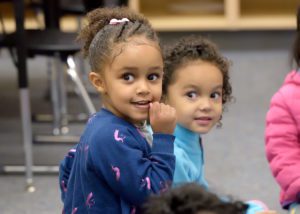
High-quality early childhood education can ensure that kids start school kindergarten ready, and increase test scores throughout their elementary and high school education (1). These benefits are particularly important for kids from low income families, who face more income-related stress and are more likely to have all parents working. Currently, only 30.5% of kindergarteners from low-income households enter school fully kindergarten ready – nearly half the rate of kindergarten readiness for their non-low income peers (2). Read More
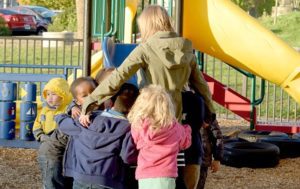
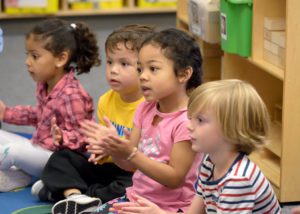
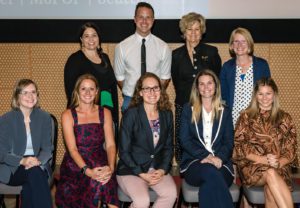 In our podcast, we interview policymakers, partners, and thought leaders to spotlight education policies, research, and practices so that together we can create a brighter future for every Washington student.
In our podcast, we interview policymakers, partners, and thought leaders to spotlight education policies, research, and practices so that together we can create a brighter future for every Washington student.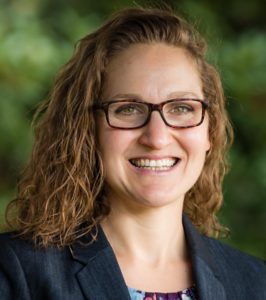 In our podcast, we interview policymakers, partners, and thought leaders to spotlight education policies, research, and practices so that together we can create a brighter future for every Washington student.
In our podcast, we interview policymakers, partners, and thought leaders to spotlight education policies, research, and practices so that together we can create a brighter future for every Washington student.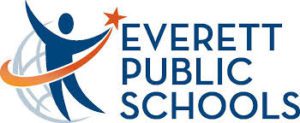 In our podcast, we interview policymakers, partners, and thought leaders to spotlight education policies, research, and practices so that together we can create a brighter future for every Washington student.
In our podcast, we interview policymakers, partners, and thought leaders to spotlight education policies, research, and practices so that together we can create a brighter future for every Washington student.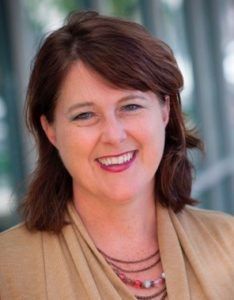 League of Education Voters Board of Directors is pleased to welcome Lauri Hennessey as our new CEO on Nov. 12, 2019.
League of Education Voters Board of Directors is pleased to welcome Lauri Hennessey as our new CEO on Nov. 12, 2019.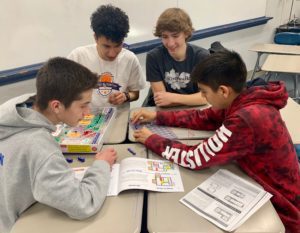 Who am I? What can I become? How will I become that? These are questions many of us ask throughout our lives – starting at an early age and, often, continuing through adulthood. Here at
Who am I? What can I become? How will I become that? These are questions many of us ask throughout our lives – starting at an early age and, often, continuing through adulthood. Here at 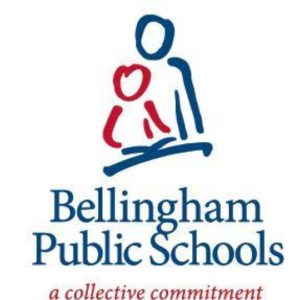 In our podcast, we interview policymakers, partners, and thought leaders to spotlight education policies, research, and practices so that together we can create a brighter future for every Washington student.
In our podcast, we interview policymakers, partners, and thought leaders to spotlight education policies, research, and practices so that together we can create a brighter future for every Washington student.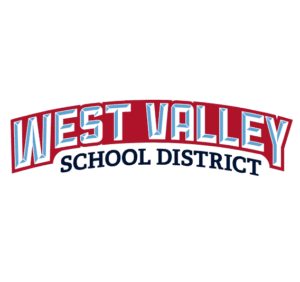 In our podcast, we interview policymakers, partners, and thought leaders to spotlight education policies, research, and practices so that together we can create a brighter future for every Washington student.
In our podcast, we interview policymakers, partners, and thought leaders to spotlight education policies, research, and practices so that together we can create a brighter future for every Washington student.